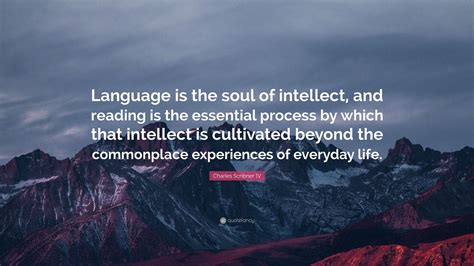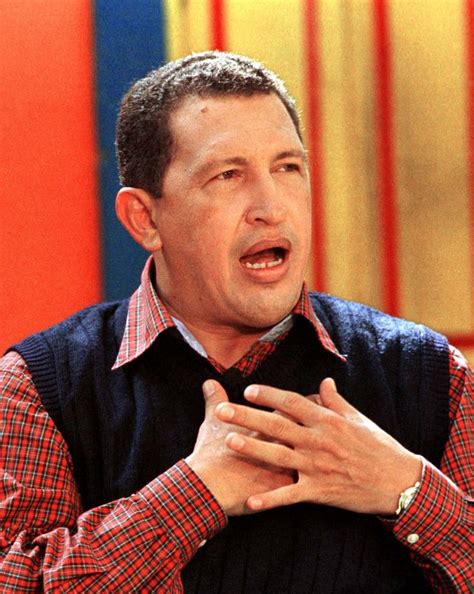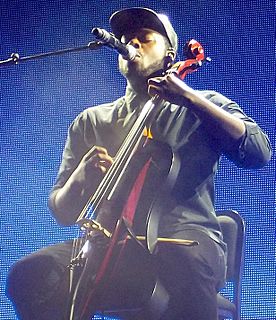A Quote by Allan Bloom
Classical music is a special taste like Greek language or pre-Columbian archeology, not a common culture of reciprocal communication and psychological shorthand.
Related Quotes
Beyond the formative effects of reading on the individuals composing society, the fact that they have read the same books gives them experiences and ideas in common. These constitute a kind of shorthand of ideas which helps make communication quicker and more efficient. That is what we mean when we say figuratively of another person, We speak the same language.
Music is a universal language insofar as you don't need to know anything else about a musician that you are playing with other than that they can play music. It doesn't matter what their music is, you can find something that you can play together, with what their culture is. The dialect part of it comes into play, but nothing like the differentiation that language sets up, for example.
He [Hugo Chavez] put poverty at the heart of political debate. Rightly so, given the country's immense inequality and poverty. He invested heavily in social programs such as literacy, health clinics, and education. He promoted Venezuela's indigenous culture and urged compatriots to take pride in its pre-Columbian history. He called time on the US treating Latin America as its backyard.









































